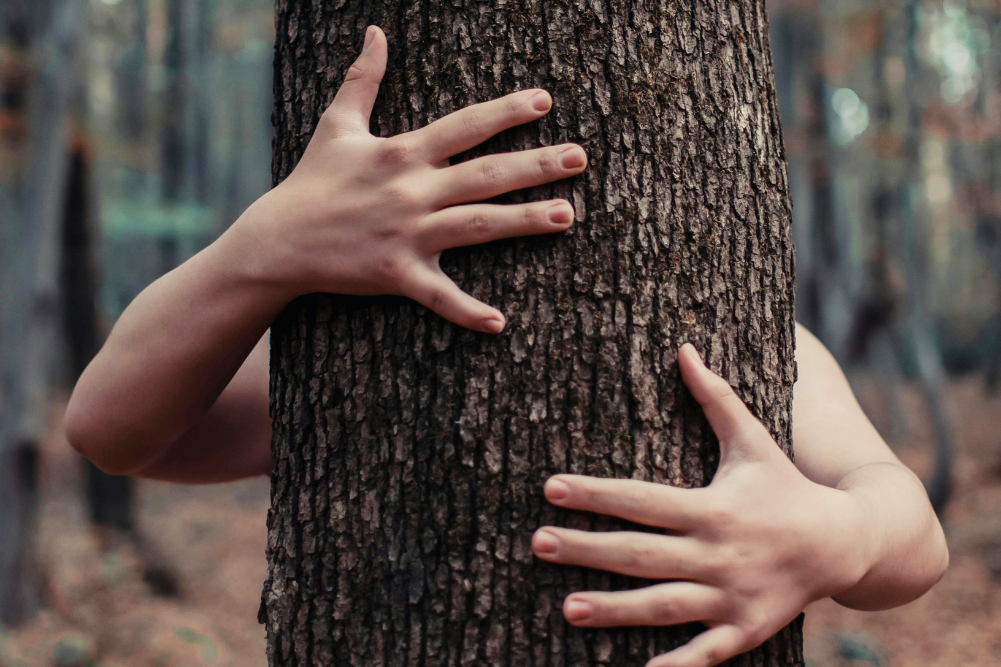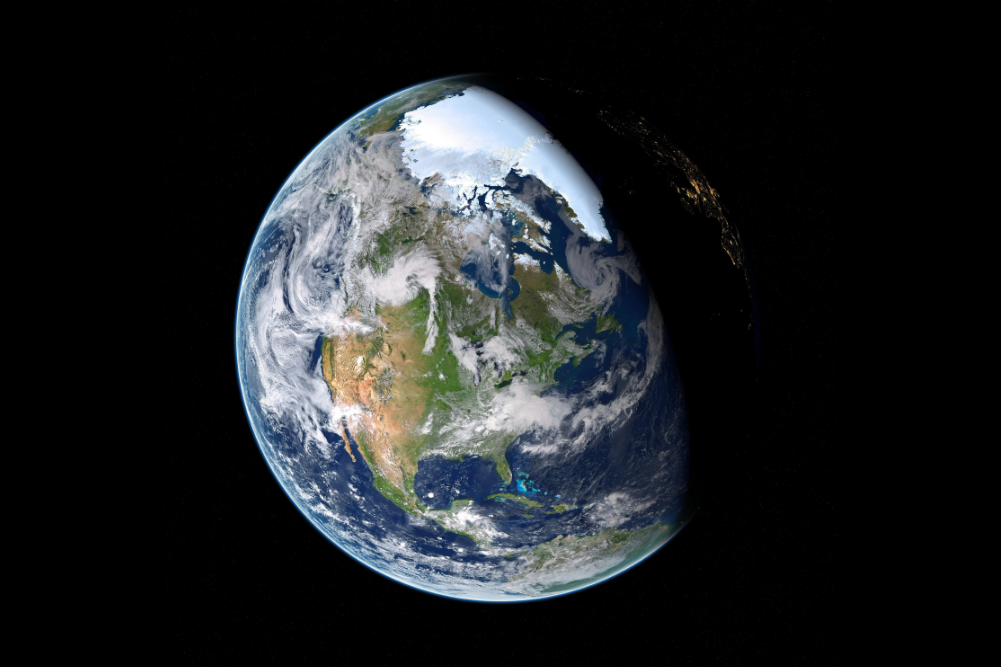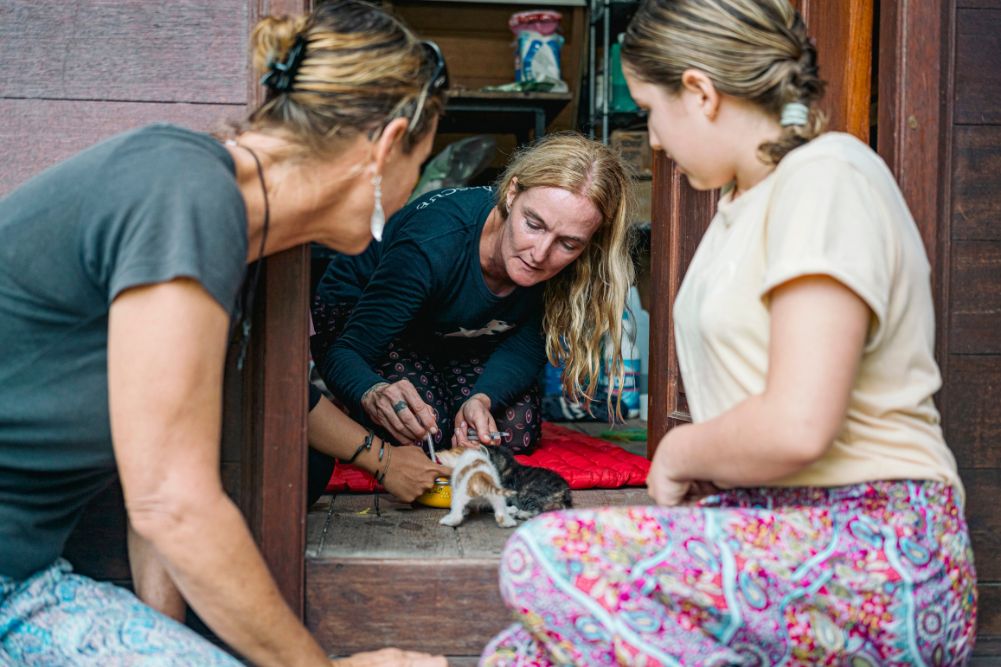Natural and ethical giving
My journey with charities and humanitarian or human rights work began when I was a child. As part of a large family we shared almost everything – from hand-me-down clothes to food and advice. And from a not-so-well-off family we always knew there was another family doing it tougher than our own. We knew that, not just because our parents said so, but because we went to school with their children, we played with them, and we shared our sandwiches with them.
Growing up in Australia, we realized that Australians were great at volunteering their time, helping each other out, and looking after the wellbeing of friends and strangers. My mother, in her 20s, was driving home alone one night and she punctured a tyre. The first people who stopped to help were a couple of bikies. Not only did they fix the tyre, but they also accompanied her home to ensure that she would be safe, before going on their way. There’s nothing like the kindness of strangers.
Australia has one of the highest rates of volunteerism in the world with currently 6 million volunteers – 25% of the population. And, of course, in natural disasters we are renowned for lending a helping hand.
Australia has one of the highest rates of volunteerism in the world with currently 6 million volunteers – 25% of the population.
I have been a practitioner in humanitarian work, disaster relief, peace building, aid development, and international technical assistance for almost 30 years. In that time I have witnessed many ways for people to give their time, effort, money, goods, skills, advice, or services – to individuals, communities, causes, relief requests, and projects, domestically and internationally, for ethical giving and peaceful coexistence.
Over time charity work has become a business – the business of fund-raising and gaining government or donor funding. We see more and more organizations at shopping centres, and we hear them on the telephone, requesting funds or subscriptions. It’s hard to keep up with all of it, and even harder sometimes to know where to donate time or money or assistance, and to know if it is ethical giving. Every cause is a good cause, from medical research to animal welfare to community organizations. How can you do something special for someone today or tomorrow or in the future? How can you show you care? Should you put money in the charity tin or are there other ways to assist a cause and make a difference in someone else’s life, or a community’s situation, or to advance advocacy – for peace, health, equality, equal distribution of the wealth, and a better environment?
As I continue my work, my blog will help readers take their own personal journeys to understand the nature of giving (giving naturally) as well as giving ethically (“green giving”) and to make their own decisions about their assistance and contribution to the wider humanity. I aim to help readers gain information on a vast range of issues – such as volunteering, voluntourism, ethical giving, disaster relief, where you money goes, sustainable development, humanitarian highs and funding fatigue, what a few dollars can do, food security, current campaigns, and a lot more.








